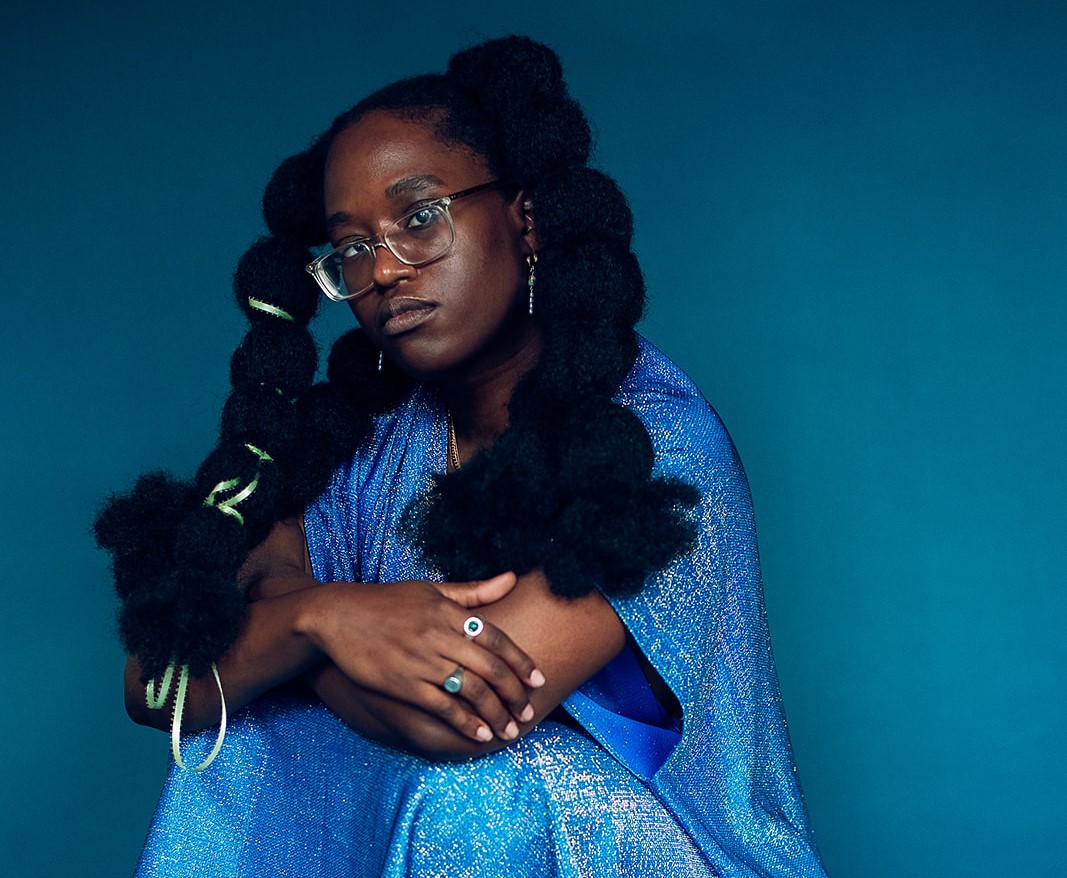A new Blue Cross and Blue Shield Association Health of America study reveals 10.4 million millennials aren’t as healthy as they think. The study found that on average, millennial health begins to decline at 27 years old. A millennial is someone born between 1981 and 1996.
“The fact that they are seeing increased chronic conditions beginning at the age of 27 is astonishing to me,” said Dr. Debra Esser, Blue Cross and Blue Shield of Nebraska’s chief medical officer. “If you have a chronic condition in your twenties, that is only going to continue as you age and that will increase health care costs and decrease productivity.”
An analysis of 2014-2017 medical claims data for millennials shows a double digit increase in the diagnosis of eight of the top 10 health conditions. Millennials were found to be more affected by behavioral health conditions than physical conditions—diagnoses of major depression and hyperactivity outpace type 2 diabetes and cardiovascular disease.
Top 10 health conditions impacting Americans:
• Major depression
• Substance use disorder
• Alcohol use disorder
• Hypertension
• Hyperactivity
• Psychotic conditions
• Crohn’s disease/ulcerative colitis
• High cholesterol
• Tobacco use disorder
• Type 2 diabetes
Compared to Generation X—people born between 1965 and 1980—millennials are 11 percent less healthy.
Millennials also have a higher diagnosis rate for physical conditions than Gen X, particularly cardiovascular disease and diabetes. Only 68 percent of millennials have a primary care physician compared to 91 percent of Gen Xers, which contributes to higher health risks. A lack of regular preventive care management can lead to delayed treatment and more expense.
“I think we should encourage the younger generation to make sure they have a primary care physician, because that relationship helps in so many ways,” Esser said.
Millennial health is also determined by where they live. Southern states are the least healthy, while millennials in western states are the healthiest. Millennial women have 20 percent more health issues than men.
“We need to reach out to millennials in new and different ways, a virtual visit or medical care delivered in the home that will appeal to that population,” Esser said.
Dr. Esser discusses the study in the video below.





